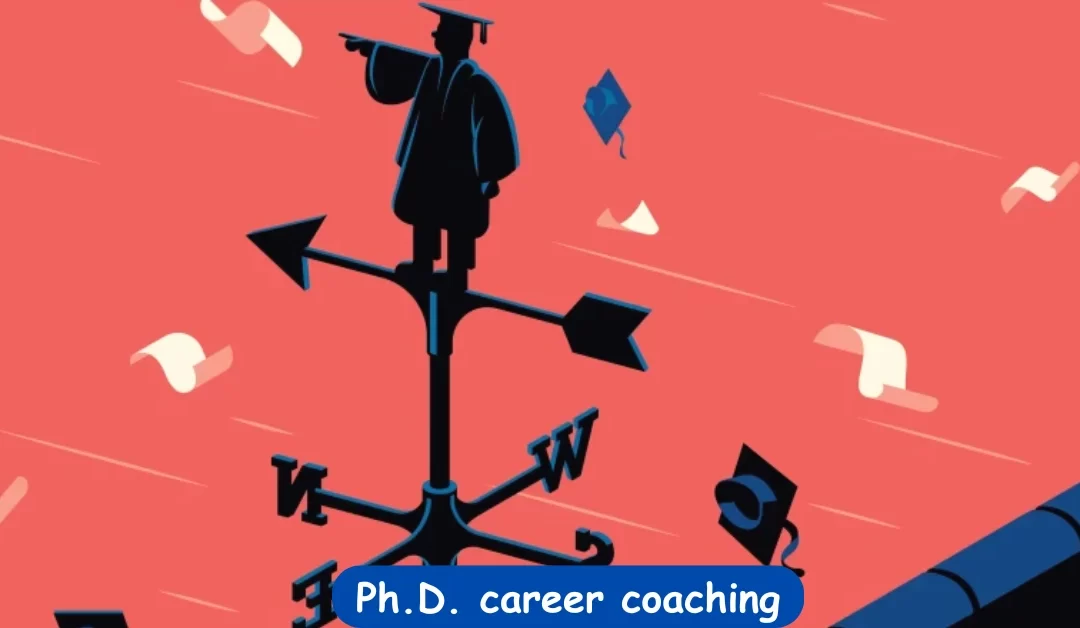The Growing Role of Career Coaches for Ph.D. Holders
In recent years, the world of higher education has seen significant changes, particularly in the job market for Ph.D. graduates. With fewer tenure-track positions available, many academics are now exploring careers outside of academia. This shift has led to the rise of career coaches who specialize in helping Ph.D. holders transition to non-academic roles. These coaches, often former professors themselves, provide much-needed support and guidance to scholars navigating this new landscape.
The Challenges Facing Ph.D. Graduates
Decline in Tenure-Track Jobs
The tenure-track job market has been shrinking for years, leaving many Ph.D. holders struggling to find secure academic positions.
Universities are increasingly relying on adjunct professors, offering less stability and fewer benefits.
Limited Knowledge of Non-Academic Careers
Many Ph.D. programs focus solely on preparing students for academic roles, leaving graduates unaware of opportunities in industry, government, or non-profits.
Transitioning to a new field can feel daunting without the right tools or guidance.
Emotional Barriers
Leaving academia often feels like abandoning a long-held dream.
Many scholars face self-doubt, uncertainty, and even stigma from peers when considering non-academic careers.
The Role of Career Coaches
Career coaches for academics are becoming invaluable in addressing these challenges. They help Ph.D. graduates understand their transferable skills and explore industries that align with their expertise and interests.
How Career Coaches Help:
Identifying Transferable Skills
Coaches help academics recognize skills like critical thinking, research, writing, and problem-solving that are highly valuable in other industries.
Resume and LinkedIn Optimization
Academic CVs often don’t translate well into industry resumes. Coaches guide scholars in creating tailored resumes that appeal to hiring managers.
They also help optimize LinkedIn profiles to attract recruiters.
Interview Preparation
Interviews in industry differ greatly from academic job interviews. Coaches prepare candidates for behavioral and situational questions commonly asked in non-academic settings.
Networking Support
Many Ph.D. holders are unfamiliar with professional networking outside academia. Career coaches provide strategies to build connections and access job opportunities.
Overcoming Skepticism About Career Coaching
Despite the growing demand, some skepticism surrounds the career-coaching industry, especially among academics. Critics argue that Ph.D. graduates should be able to transition on their own or rely on university career services. However, career coaches offer specialized expertise that goes beyond what universities typically provide.
Why Coaching is Valuable:
- Personalized Guidance
- Coaches provide one-on-one support tailored to each individual’s background and goals.
- Real-World Experience
- Many career coaches are former academics who understand the challenges of leaving academia firsthand.
- Practical Results
- Coaching often leads to faster, more successful transitions into fulfilling careers.
Success Stories: Ph.D. Graduates in New Careers
Many Ph.D. holders have benefited from career coaching and found rewarding roles outside of academia. Examples include:
- Consulting and Research Firms
- Scholars use their analytical skills to solve complex problems for businesses.
- Government and Policy Organizations
- Ph.D. graduates contribute to policy development and data analysis.
- Corporate Roles
- From project management to technical writing, industries value the expertise of Ph.D. holders.
- Non-Profit and Advocacy Work
- Academics bring their passion for research and education to meaningful causes.
A Changing Perspective on Academia
The academic world is slowly beginning to recognize the importance of preparing Ph.D. students for careers beyond academia. Universities are now partnering with career coaches, hosting workshops, and expanding career services.
The Future of Career Support:
-
More Inclusive Training
-
Programs are incorporating skills like business writing, networking, and entrepreneurship into their curricula.
-
-
Destigmatizing Non-Academic Careers
-
A cultural shift is underway, with more acceptance of careers in industry as legitimate and rewarding paths for Ph.D. graduates.
-
Career coaches are playing a vital role in helping Ph.D. holders navigate today’s challenging job market. By offering personalized guidance and practical tools, they empower scholars to find fulfilling roles outside of academia. For those feeling uncertain about their career prospects, a coach could be the key to a brighter future.































